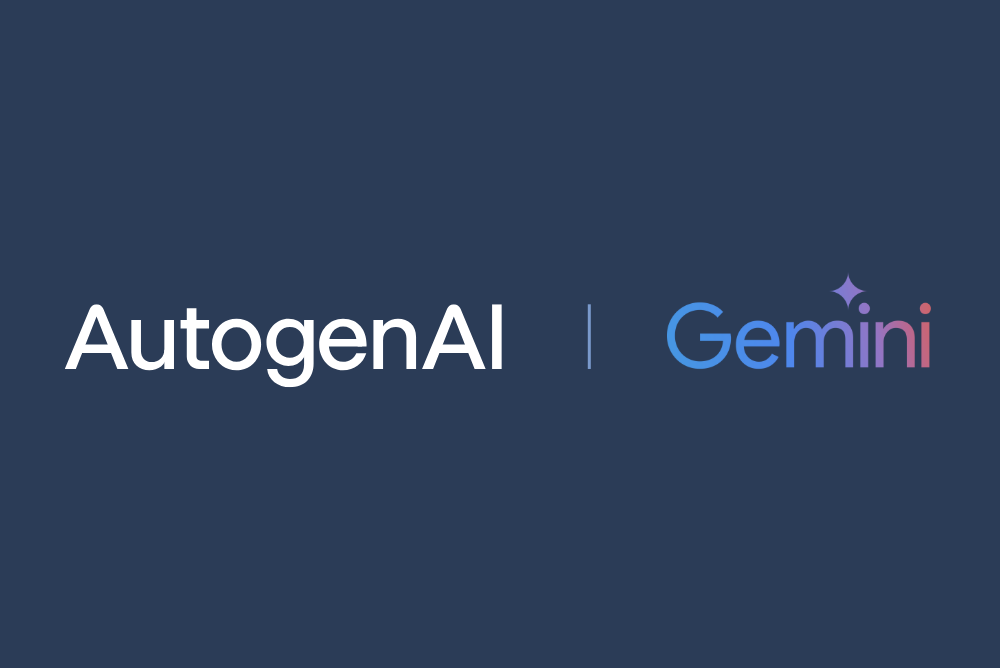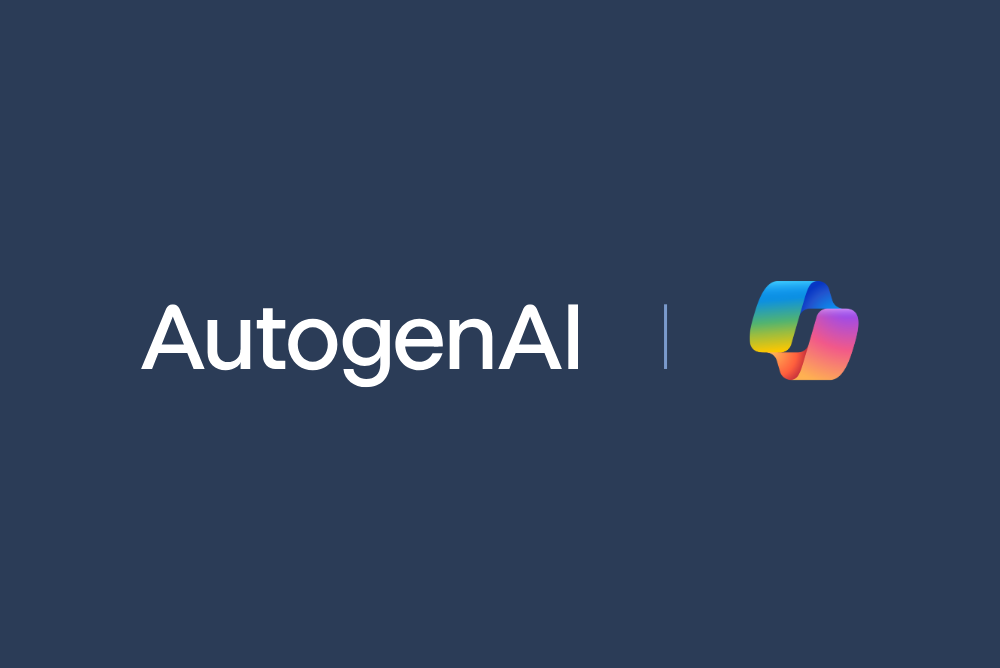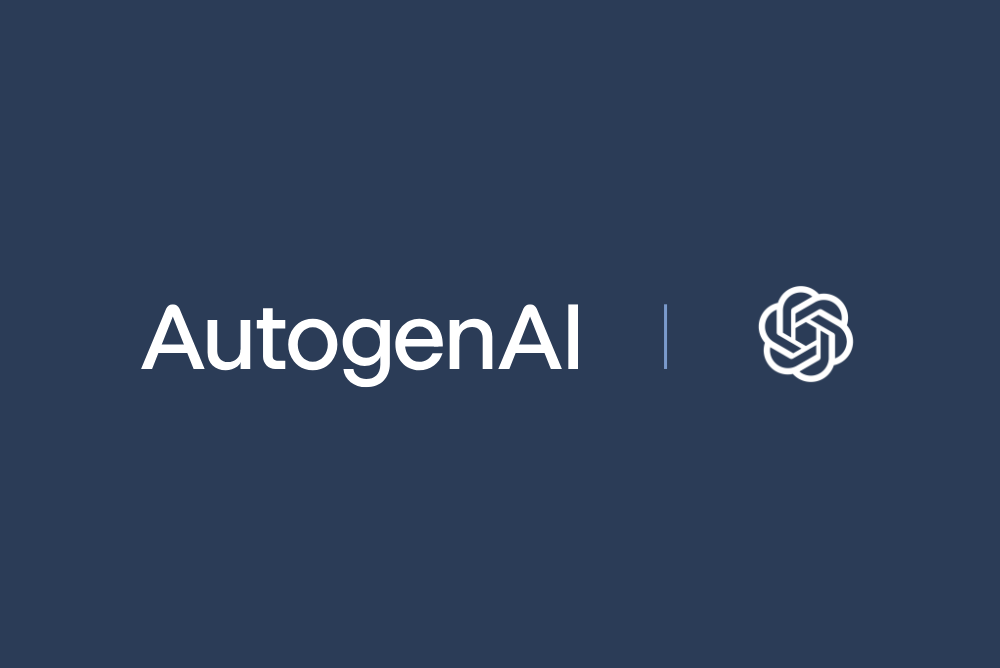AutogenAI Contributes to US Economic Growth with IRS Section 70302 Benefits

by Dr. Mitchell Sutika-Sipus
In the spring of 2025, we submitted a set of national AI policy recommendations to the White House Office of Science and Technology Policy. One of our recommendations was straightforward: remove the requirement that software R&D be amortized under Section 174 of the tax code. The rule punished early stage companies by forcing them to spread their research expenses over five or fifteen years. For founders with no revenue, it meant paying taxes on profits that did not exist.
Notably, this summer, that recommendation was officially made law. Section 70302 of the One Big Beautiful Bill—formally H.R.1 of the 119th Congress—created a new Section 174A. It restores immediate expensing for domestic research and experimental expenditures, including software development. Small businesses can even apply the change retroactively back to 2021. The bottom line is clear. U.S. companies can now deduct their R&D expenses in the year they occur.
This change corrects a fundamental problem. Innovation is not just about having a vision. It requires the ability to invest in new research and carry teams through long cycles of experimentation. The amortization rule undermined that process. Its repeal restores a pathway for real invention. But more profoundly, the repeal is going to reshape the large language model startup ecosystem.
If a young company spends $300,000 on developer salaries in the U.S., it can now deduct the full $300,000 in year one. Under the old rule, only $60,000 was deductible. The remaining $240,000 counted as taxable profit even though no profit existed. The fix prevents phantom income, increases liquidity, and extends runway.
At a time when roughly 10% of Americans are employed by startups, this change in the tax code directly impacts families. I saw promising AI startups collapse because amortization forced them into tax bills they could not pay. Now, those same companies will be able to reinvest in compute resources, in new hires, and in the kind of experiments that lead to breakthroughs.
It also matters where those jobs are created. Because only domestic R&D qualifies, founders have a strong incentive to keep technical talent in the United States. For an industry where wages are already high and demand is global, that is an important advantage for the U.S. economy.
And it matters for growth. Economists estimate that every $1 billion in R&D creates 17,000 jobs. During the amortization years, R&D spending slowed, job growth stalled, and startup formation declined. With Section 70302 in place, those trends will reverse.
Why AutogenAI Pushed for This
It is easy to start an AI company today. It is much harder to build a good one. Many of the new firms bolt thin workflows on top of ChatGPT. They deliver outputs that look convincing but lack precision. Customers waste time and money, and in the long run, they lose trust.
AutogenAI has taken a different approach. We build specialized systems that can handle the nuance, compliance, and scale of federal contracting. To do this, we need strong research teams and long cycles of development. Of course we use some of the AI models that everyone else knows about – but we are distinguished by our dedicated use of R&D to go far beyond mere reliance on those modes. That is why we pushed for this change. If the U.S. wants to remain the global leader in AI, the playing field must reward real innovation, not quick packaging.
The Impact Going Forward
AutogenAI is a clear example of how this policy shift can create impact. If a company like us has more resources, then our customers are the real winners. We have found that our customers improve win rates by 12%, and for our federal customer base this translates into a double digit revenue increase. Those funds do not disappear into overhead. They flow directly into research, into infrastructure, and into high wage jobs.
The multiplier is substantial. Government modernization projects often deliver a GDP multiplier of nearly two. That means every $50 million in revenue growth can cascade into $85 million to $130 million in economic impact. At the same time, federal adoption sets new standards for security and compliance, raising the bar across the entire U.S. AI industry.
So just to make it clear, AutogenAI advocated to change the US tax policy because it gives us the means to positively benefit the US economy by $130 million dollars. That’s a good thing.
Looking Ahead
I believe Section 70302 is more than a tax correction. It is a structural accelerator for American innovation. It restores the ability for startups to hire, invent, and compete. It ensures that LLM companies can focus on breakthroughs instead of bookkeeping.
At AutogenAI, we will continue to invest in research and development and to deliver systems that improve the performance of U.S. agencies and contractors. This is how we grow as a company. It is also how the U.S. grows as an economy.
The lesson is simple. When the rules reward invention, the results follow.
To learn more about AutogenAI, contact us today.


